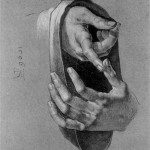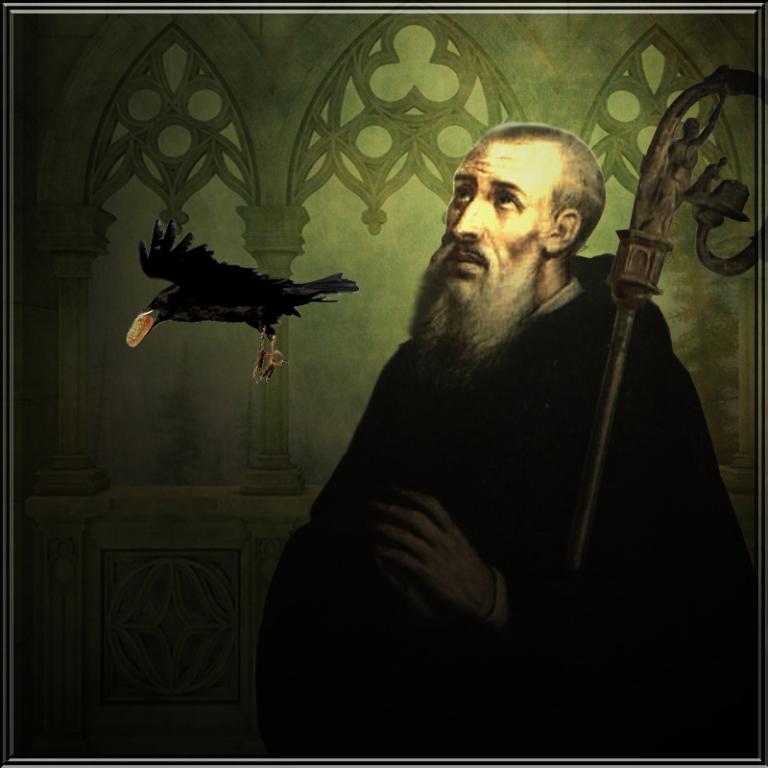
That night, that year
Of now done darkness I wretch lay wrestling with (my God!) my God.G.M. Hopkins
—
“You did not need this,” my therapist said softly. I stared off to the side, weary and numb. “After so much time alone,” he continued, “and hurt. Now this, and it feels like no one will support you. No one will be with you. Not even your intellect, not even your religion.”
I said nothing.
—
Everything flickered fierce and alive. I strained against my own bones, muscles pulled taut to withstand the pressure building in my chest. I stalked the classroom, glaring out at my students, hope and fury burning underneath my ribs. Almost never, almost never: almost never do I let myself feel this way. But we had read a poem, and beauty brings me helplessly to my most vulnerable. To my most relentlessly determined.
—
I curled tightly underneath a blanket on my couch, running a hand over my face. Trying to put myself together. “Get up,” some part of me whispered. I can never tell if it is furious with me or sympathetic. “Get up.”
I did not move, struggling to find will enough to will.
—
My student looked at me from halfway across the room. “I would hug you, professor, but I’m a bag of germs right now.”
Without a word, I smiled and lifted my hand as if I’d give her a high-five. A grin broke across her pale face, and she lifted her hand too. We stood several long strides apart, ridiculously posed, both of us happy and warm for a precious moment.
—
No one ever told me that grief felt so like fear.
C.S. Lewis
—
“Shhhhh!” my father hissed at me in a rush.
I went silent. I did not know why. Shifting in my seat, I stared at everyone in the room. My mom, my dad, my sister. My splintering fury had suddenly quieted, and I did not understand why. I swallowed. My chest ached as if I’d just survived a sharp fall. Neither of my parents had asked me why I was angry. They did not ask what I had meant.
Sitting in the kitchen, I pictured my fourteen-year-old self there: quiet, alone. So very silent. So very angry. It is no wonder that I never told them what was hurting me – or who.
In the present, much older now, I looked away from everyone, painfully aware that I was enraged beyond measure. I felt cold, felt furious enough to be cool, to be curved carefully into a threat – like folded steel.
Anger is easier than mourning everything I never said.
—
I read the rejection letter for the tenth time. It happens to everyone. Articles get rejected. But I felt so very, very fragile, and I really didn’t need this. I really didn’t.
—
Not a single hour is easy. I did not ask for that, and it isn’t fair.
No one ever does, and it never is.
—
Datta: what have we given?
My friend, blood shaking my heart
The awful daring of a moment’s surrenderT.S. Eliot
—
I showed them a poem that I had written. A recent one, so very rare. Everything in me trembled, and I worked to hide it.
Only occasionally do I reveal to either students or colleagues that I have any actual artistic skill. Mostly I play the role of a dumbfounded scholar, enamored of something from the outside. I act like a rationalist with an inexplicable affection for other kinds of reason – for kinds that I do not have.
It’s not a lie: I’m a theologian, and I think like one. I’m careful and rigorous and logical. But it’s a lie: I’m an artist, and poetry is my native tongue. It has followed me everywhere, even when I hated every single one of the arts with my whole being.
But I love them. I love them.
—
“Professor, are you Team Captain America or Team Iron Man?”
I blinked. “Can I be Team Heckler?”
“No,” my student said, his deep voice lilting with humor. “You have to choose.”
We distract ourselves once or twice a class. I let it happen. Almost always, I let us wander away and back again. We need to breathe, sometimes, when everything in theology is divine and heavy.
—
From somber, serious sullen saints, save us, O Lord.
Teresa of Avila
—
To be devoted to any art is to yearn, and it is so often agony to yearn. To let myself feel the silent ache for the deep things that I do not have. To feel their absence and my need. When I wrote poetry all the time, I thought my desire might pull at me until I could gather myself no longer, and then I’d disintegrate. Poetry continually soothed and worsened the ache.
And I did disintegrate.
And I did not write a poem for a long time.
Sometimes now I ache to gather myself again and hurt with all my yearning.
Sometimes.
—
“Professor. Gaudium et Spes,” he said.
I quirked an eyebrow at my student. “…yes?”
“We read it in Seminar.”
“Oh,” I said, and he was already shaking his head in defeat. “How’d it go?”
“They tore it apart. I was shaking and trying not to cry. They kept telling me to calm down. They said it rejected women, atheists, technology.”
I felt anger rise hot and fierce in my chest. I strangled it. “Then they didn’t read the document. They didn’t really read the words. They assumed they already knew.”
He looked like he might cry. “It was horrible.”
“Did they even note what the text said about the poor?” I asked.
He shook his head, and I gripped my anger tighter as it intensified. He continued, distressed: “They wouldn’t let me convince them. They kept telling me to calm down.”
I sighed. “You are perceived to be the one with power, and so they do not listen. You’re biased.”
“But, they– But, I…”
My anger melted into sorrow. “You don’t actually have any power. I know.” I sighed again. “I’m sorry. This is…this is my every day.” It was something like a confession, something like a bracing hug.
—
A former student sent me a picture of his dog stuck in a cone, cuddling against a little stuffed toy elephant.
“This is us,” he wrote. He meant that it was him and me. An adorable dog stuck in a cone.
I smiled and blinked back tears.
—
And pray to God to have mercy upon us
And pray that I may forget
These matters that with myself I too much discuss
Too much explain
Because I do not hope to turn again
Let these words answer
For what is done, not to be done again
May the judgement not be too heavy upon usT.S. Eliot
















